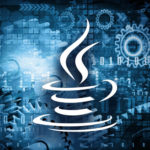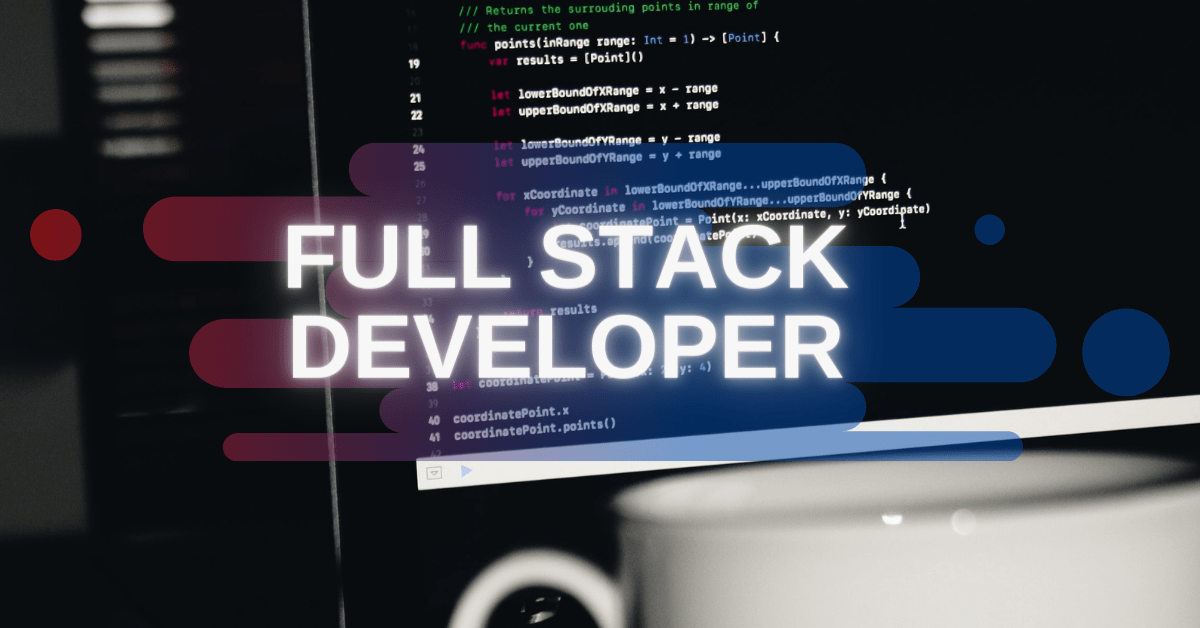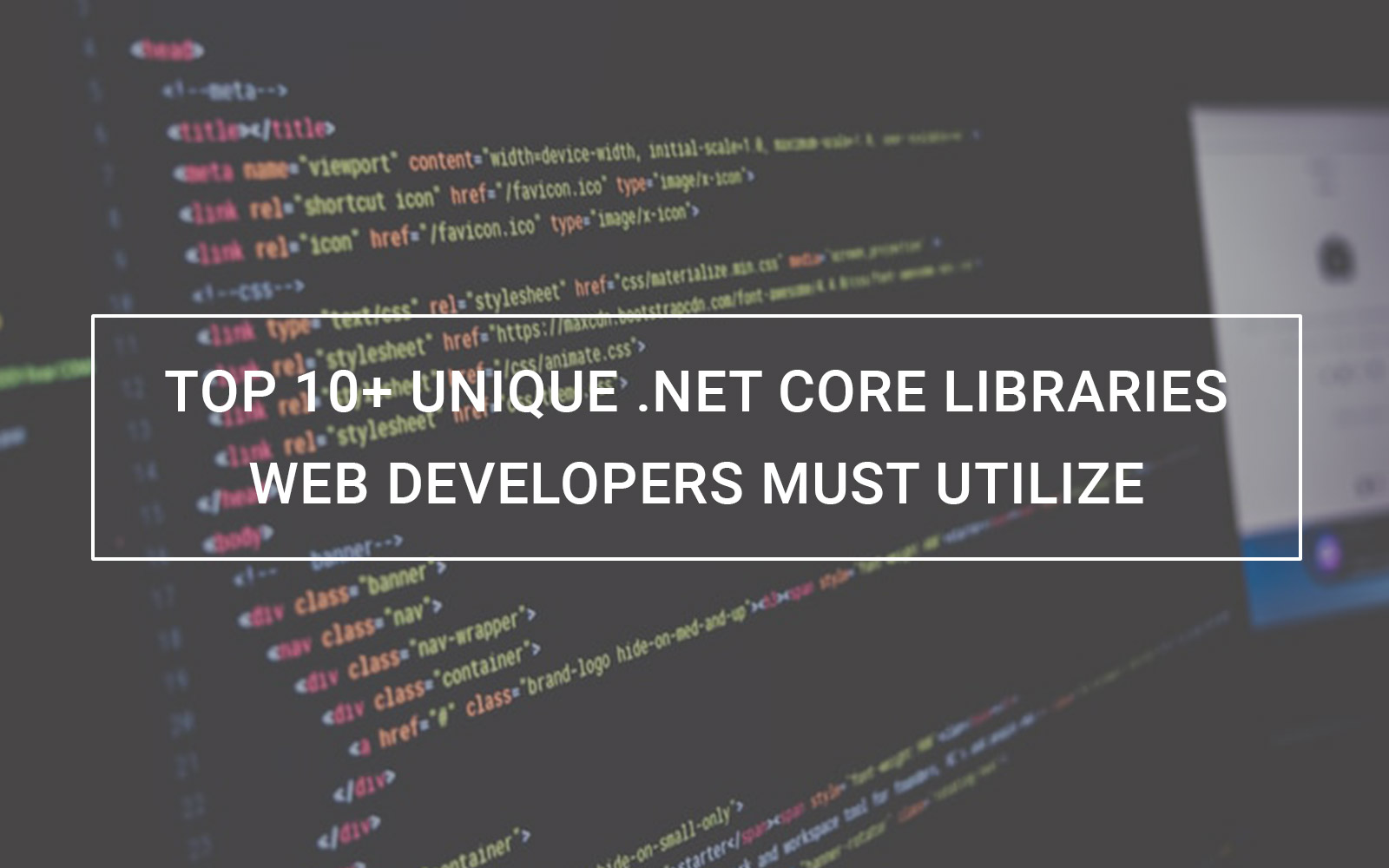We all accept that PHP is king in a server-side programming language. PHP enables us to create larger scale dynamic websites and web applications with…
PHP is dynamic and interactive server-side scripting programming language to create websites and web applications. Nearly, 80% of the website on the web have PHP in its source code. Due to its highly useful properties and regular updates, it has gained immense popularity among the web developer communities.
It is highly flexible in coding and easy to learn. However, without a PHP framework, PHP programming is becoming a tough and almost non-productive job. PHP frameworks provide precious tools to organize code and achieving desired results in quick ways.
PHP frameworks have different properties and tool sets. Therefore, without complete knowledge and proficiency, a PHP developer can lose in the dark. PHP has dozens of different frameworks, and more are coming with changing the pace of requirements. It is constantly stirring PHP developers to learn a new one and push useless one into the dustbin.
It means if you have read an article before five years about trendy PHP frameworks, it may prove obsolete today. So, I have decided to update a list of top PHP framework for 2019 and beyond. Let’s check what will trendy in 2019.
I did try to explore data available on Google Trends for PHP frameworks. It has shown Laravel on the top of the list. Next PHP frameworks were Symfony, CodeIgniter, CakePHP, and Zend. Points for popularity were differing a lot from the previous year, and Laravel has gained more points pushing rests of PHP framework far behind in popularity and usage.
Laravel
Laravel eases common tasks in the PHP development process by taking the pain out of the designing, programming, testing, DevOps, and other processes involved in PHP web development. Therefore, it is an excellent choice for a renowned PHP Development Company.
Authentication, routing, sessions, and caching are prime concerns to improve performance when you use Laravel as your PHP development framework. The following advantages render Laravel a top choice for the web developer for PHP development.
- High-security features as built-in offerings.
- Enhanced performance and room for integration of Memcached and Redis like tools.
- It has Blade Templating Engine to create light-weighted, intuitive, and dynamic websites with ready to use the code.
- Laravel supports most of leading databases including SQL and NoSQL solutions.
- It follows MVC architecture that helps developers to get built-in functionalities to improve performance and speed of development.
- Laravel supports OOP (Object-oriented Programming) and provides rich OOP libraries as well as modularity to create RWD and even web apps like Progressive Web Apps.
- It offers unit testing features.
- It supports globalization so you can create multilingual and multicurrency supporting websites easily.
- It gives the developer-friendly code for fast turnarounds.
Symfony
In Symfony framework, you will find a set of decoupled reusable components to create PHP applications. Symfony promotes professionalism, the best coding practices, excellent standards, and interoperability in PHP application development and application itself.
Symfony acts as a skeleton for PHP developers to reap the following advantages during their work.
- Rapid development by reusing generic components to create out-of-box features.
- Symfony has a certain structure and rules to follow by developers. It makes life easy for developers when there is a maintenance or redesign/upgrade of the project.
- The framework provides a clear and proven code that eventually cut the mistakes/errors.
- Symfony has built-in security features and platform adds the latest security functionality during regular updates.
- The framework offers bundles or packages like plugins containing PHP files, style sheets, JS, and images. Bundles are decoupled and allow reconfiguration and reuse to cut development time. Hence, the cost.
- Components in Symfony are generic features to cut routine tasks of development, and we can use it either stand-alone in other PHP frameworks or core/plain PHP projects.
- Bundles and components avoid strict dependencies in application architecture and offer modularity with flexibility.
- It has a steep learning curve and performance issues, but reliability makes it a choice for big scale projects in a PHP Development Company.
CodeIgniter
CodeIgniter has still maintained its popularity despite being a member of earlier PHP frameworks. Despite its small footprint, it is a powerful and capable framework to create full-featured PHP web applications using its elegant tool kit.
- When you download source code of CodeIgniter for installation, it occupies only 2MB disk space including user guide!
- It supports MVC but never imposes it on you.
- It consistently outperforms its competitors. It has built-in immunity against CSRF & XSS attacks.
- It has nearly zero configuration because much of taking place by convention.
- It has the fastest execution time against other PHP frameworks.
- It has superb file organization and contains sub-folders as controller, config, model, view, and so on.
- You write one line of code, and all errors come in front of you, so error handling is so easy that was never before in any framework.
- It offers step-by-step testing along with the phases of the development process.
- It provides easy template solutions with complete idea of design right from the beginning.
- The framework gives cache class to ease faster loading of repeatedly used UIs of the web application.
- It is true that it has no built-in ORM and has the legacy code but still used by a lot of developers.
CakePHP
It is still a favorite PHP framework for many who love rapid PHP web development.
- It offers scaffolding features and no configuration facilities.
- Translators, databases access, caching, authentication, validation and a lot included in its batteries.
- It is one of the most original MVC framework for bake the PHP code.
- It prefers convention against configuration.
- It comes with built-in security tools including SQL injection prevention, CSRF & XSS protection, Form Tampering, and input validation.
- It has integrated CRUD for database interactions.
- It has flexible ACL and Caching.
- It offers database sanitization and localization.
Zend
When you think of large size PHP project and looking for a reliable framework, Zend could be your first choice.
- It uses object-oriented design models with proper validation.
- It provides decoupled nature, so the integration of other components and libraries becomes easy.
- Zend components support testing with PHPUnit for all parameters.
- We can extend its classes to go for further customization.
- Zend components support the development of multilingual web application.
- RAD tools in Zend support command line customer and tooling support.
- It allows reuse of customized MVC components.
- Apart from these most trendy five PHP frameworks, PHP developers still are using other newly entered frameworks, such as:
Aura
Aura has a highly tested code with reliability. It is a loosely coupled collection of libraries with independency and no base classes. Therefore, it is extremely flexible in choosing libraries. Thus, it is extremely flexible and allows integrations swiftly and efficiently.
Aura is a frequently updated and maintained framework, so it is ideal for rudimentary application development. It is an ideal choice for developers who love to code without any dependence on the full-stack framework.
Phalcon
Phalcon supports the latest version of PHP including PHP 7.0. It comes with the following pros for PHP developers.
- The framework is an extension built-in C, so it is one of the fastest PHP frameworks with efficiencies.
- It has a Volt Template Engine with clear and comprehensive syntax.
- It is customizable with Zephir language.
- It has loosely coupled components and can be used as a standalone package.
- It has a very flexible project structure, clean, and light code.
- It demands knowledge of C for debugging and not good for shared hosting.
Lumen
Lumen is an excellent PHP framework to create mobile app back-end. It is also famous for building a RESTFull API. It is one of the fastest micro frameworks for PHP application development.
- It is a minimal version of Laravel so it can easily upgrade to the full version of Laravel.
- Lumen is a feature-rich micro framework.
- It is benchmarked at 100 RPS –Requests per second.
- It is easy to use the framework to build smaller but important tasks like APIs
Slim
Slim is a micro framework to write code swiftly to create powerful web applications and APIs.
- Slim offers a rapid and powerful router. It can maps route callbacks to specific HTTP request methods and URLs. It also supports parameters and pattern matching.
- It provides concentric middleware so, you can tweak HTTP requests and respond objects in Slim-based application.
- It supports dependency injections and gives you complete control of your external tools.
- It supports any PSR-7 HTTP message implementation. Thus, you can inspect and manipulate the message method, status, URL, cookies, headers, and body of the application.
- It has REST-based architecture, flexible, and a good starting point.
Conclusion:
Of course, the blog post seems to target only the PHP developer community. In fact, we have provided information for tech-savvy clientele who used to working with the PHP development industry for long and accustomed to most of the terminologies used here.
If you are looking for the right match for your B2B or B2C PHP development projects, M-connect Solutions is the right destination to launch for cost-efficient PHP designing and programming needs.
About Hemant Parmar
Hemant Parmar is an eCommerce expert and a keen Magento consultant who specializes in meeting the needs of businesses in the e-commerce space. Years in the eCommerce market make him a perfect choice for sharing his expertise on eCommerce and Magento 2 development. He believes that customers need to be met no matter how challenging it might be.
Read More




